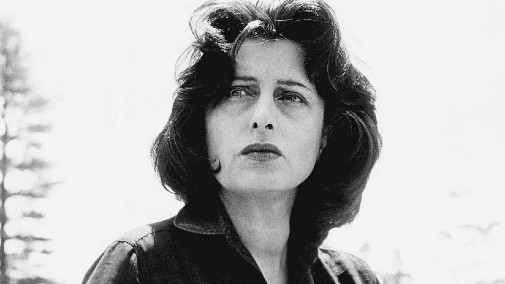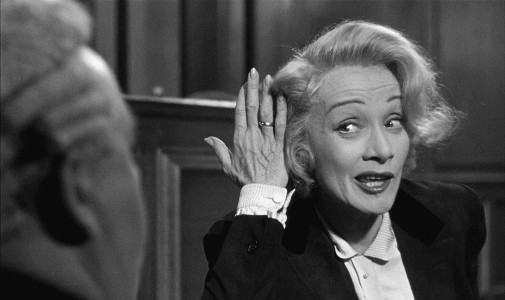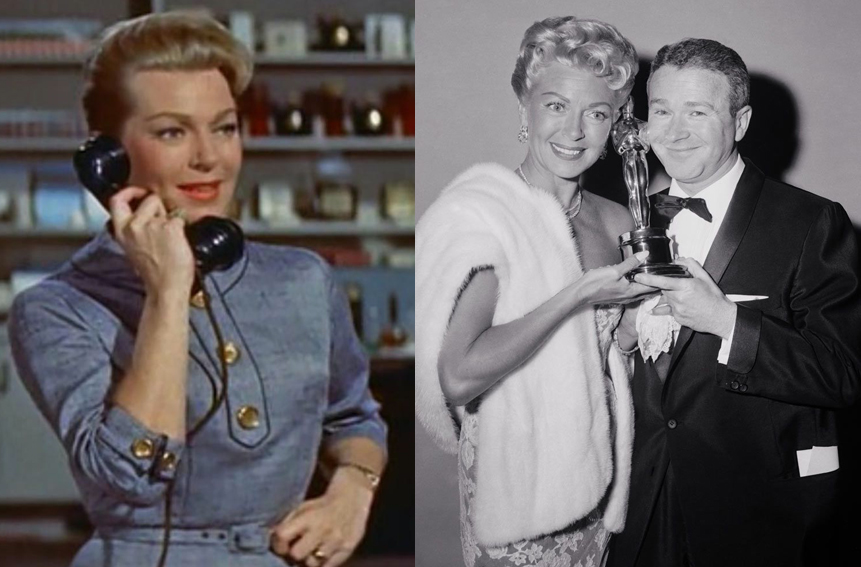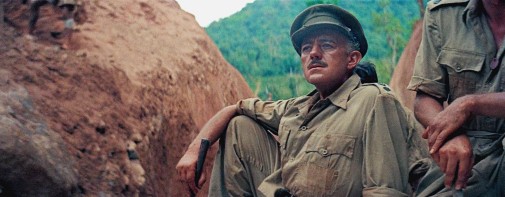Hepburn, Givenchy and "Funny Face": A Match Made in Heaven
 Wednesday, July 8, 2020 at 2:00PM
Wednesday, July 8, 2020 at 2:00PM 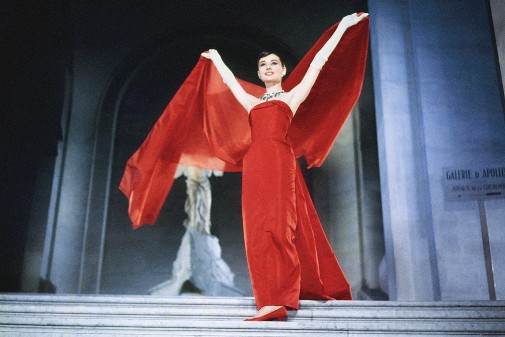
Throughout the histories of cinema and fashion, there has seldom existed a more glorious collaboration than that of Audrey Hepburn and Hubert de Givenchy. The English actress and the French couturier first worked together in the 1954 movie Sabrina, a costuming masterpiece whose iconic fashions and contentious crediting have been previously written about at The Film Experience by abstew. After his uncredited contribution to that Billy Wilder classic, Givenchy would go on to dress Hepburn on and off-screen many more times, though he always got the credit he deserved after the Sabrina kerfuffle.
That was wise of him since, in 1957, he received an Academy-Award nomination for what is one of Audrey Hepburn's most stylish screen adventures, the indelible Funny Face…



